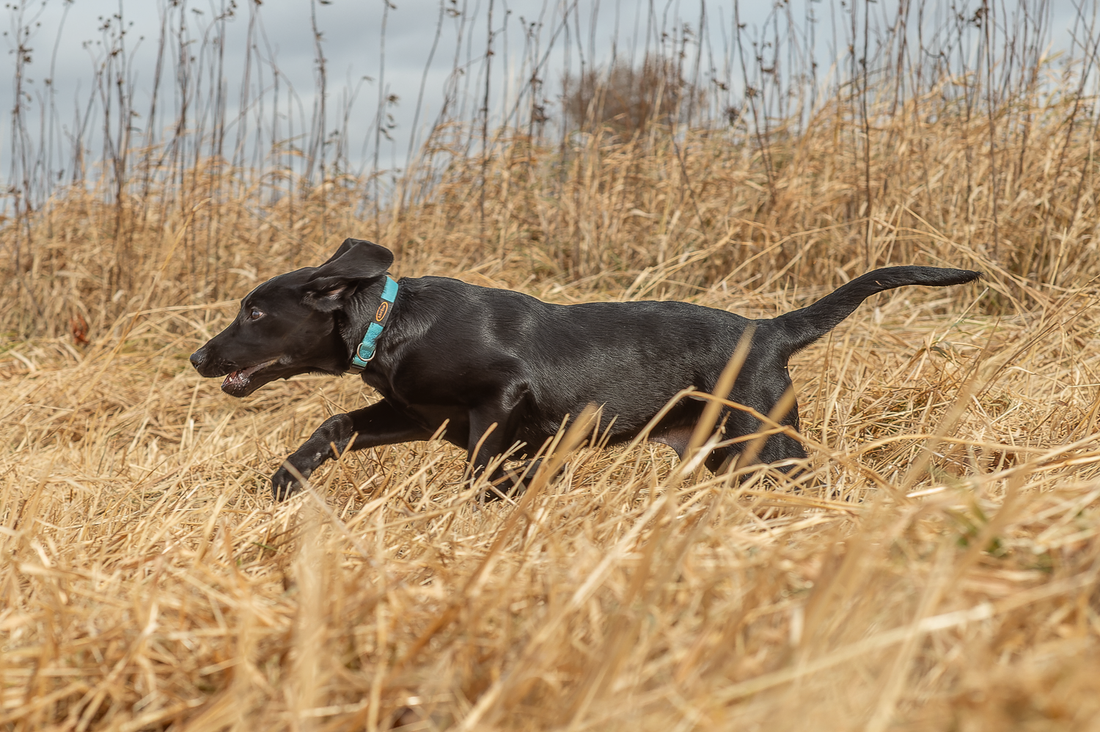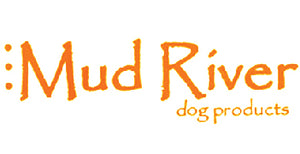Canine Camping: 8 Tips for Health, Safety, and Fun
This summer, prepare your four-legged family members for a vacation in the great outdoors! These simple recommendations can help your family adventure go smoothly:
Visit the vet
A few weeks prior to your scheduled vacation, bring the pup in for a wellness visit to ensure your pet is healthy for the trip and can enjoy/participate in scheduled activities. Depending on the trip destination, a health certificate may be needed from your vet. Modifications or alternatives to plans to keep your pet safe can be addressed at this time. Fearful or anxious pets may be better off not joining the vacation for both their safety and the safety and enjoyment of other vacationers. Don't discount them entirely though - you can always discuss your options with an animal communicator and explore alternative, holistic approaches such as reiki for animals. In doing so you might find that your pets anxiousness was caused by an underlying condition, which when treated appropriately, disappears.
Keep records close
Keep a copy of vaccination records and health records accessible during the trip. Also, have contact information and directions for a nearby emergency vet clinic. Campsite officials, including the game warden, may request permits and health papers on the spot.
Safety gear
All pets - specifically pets visiting in new environments - need to be easy to see and identify. A collar with ID tags is a minimum recommendation. I'd also recommend a reflective collar and vest, a registered microchip, and appropriate tie-out gear, tether, or kennel to keep pets from wandering off and getting lost or injured. Pets in watercrafts or swimming should wear a size-appropriate life jacket.
Parasite prevention
Camping often is accompanied by a variety of crawly critters. Protect your pet with high quality parasite prevention medications. Ticks, fleas, and mosquitoes can transmit infectious diseases. Eating dead animals, rummaging in the dirt and foliage, or drinking from contaminated water sources can lead to serious parasitic infections.
Nutrients
Pack plenty of fresh clean water, dog safe snacks, dog food, and pet-safe bowls. I strongly encourage feeding pets their regular diet on vacation. Changing the food routine can lead to upset stomach and diarrhea. For the interest of you and your dog before your trip, it may benefit you to do research into something like UPN, just so you get a better understanding of what you should do if your dog does develop any issues throughout the trip. Plus, it never hurt anyone to learn a bit more about their pet, especially if you are someone who loves animals. Keep food in secure containers to prevent curious wildlife from stealing the goods.
First-aid
Injuries can happen, but they don't have to end the vacation! Many prepackaged pet first-aid kits are available for purchase. Also, a pet first-aid booklet is beneficial for routine treatment of minor injuries. Remember to pack any medications your pet routinely takes in a waterproof and dog-proof container. If a minor injury does occur to the dog, make sure to try and calm them down quickly. The dog may be shaken up after getting an injury, so make sure to comfort them.
Pack for comfort Consider your pet's well-being and perhaps pack bedding, blankets, a crate, a pet tent, fans, pet-safe sunscreen and insect repellant. Rain gear, boots, or cold weather gear may also be appropriate. Also remember to bring some bath supplies (towels, shampoo, and a brush) incase Fluffy takes a swim . . . or decides to roll around some funky smelling debris!
Keep it PF: Pet Friendly
Before you leave, make sure the vacation site is appropriate for pets and is pet friendly for your dog's specific health needs.Check entry requirements and if a permit is required. Bring plenty of poop clean-up bags to keep the area pet friendly for future families to visit. RV's are great for you and your pet, because it's almost like a travelling home for your pet. They can sleep inside with you and not be as scared of the outside world and it's noises! Be sure to take an RV battery if you are planning on doing this. One option is to use a portable electric backup battery, but another popular option for rv is to use a gasoline generator to make sure you are never stuck! Also make sure that you don't leave your dog alone for too long as nothing is worse for a pet than a hot van. Happy vacationing!
### Amanda Burow, D.V.M. (Dr. B), is a graduate of Iowa State University's College of Veterinary Medicine. Dr. Burow's patient list includes hunting dogs of all varieties, as well as several field trial dogs and full time sporting guide dogs. In addition to practicing general veterinary medicine, she has special interest in the areas of preventive care, emergency medicine, and dermatology. In her spare time, she enjoys being outdoors and on the lake, staying active, reading, and spending time with family and friends. Mud River is proud to share these tips from Dr. B with our customers. Keep in mind it is best to work with your local veterinarian to determine the needs for your animals.







